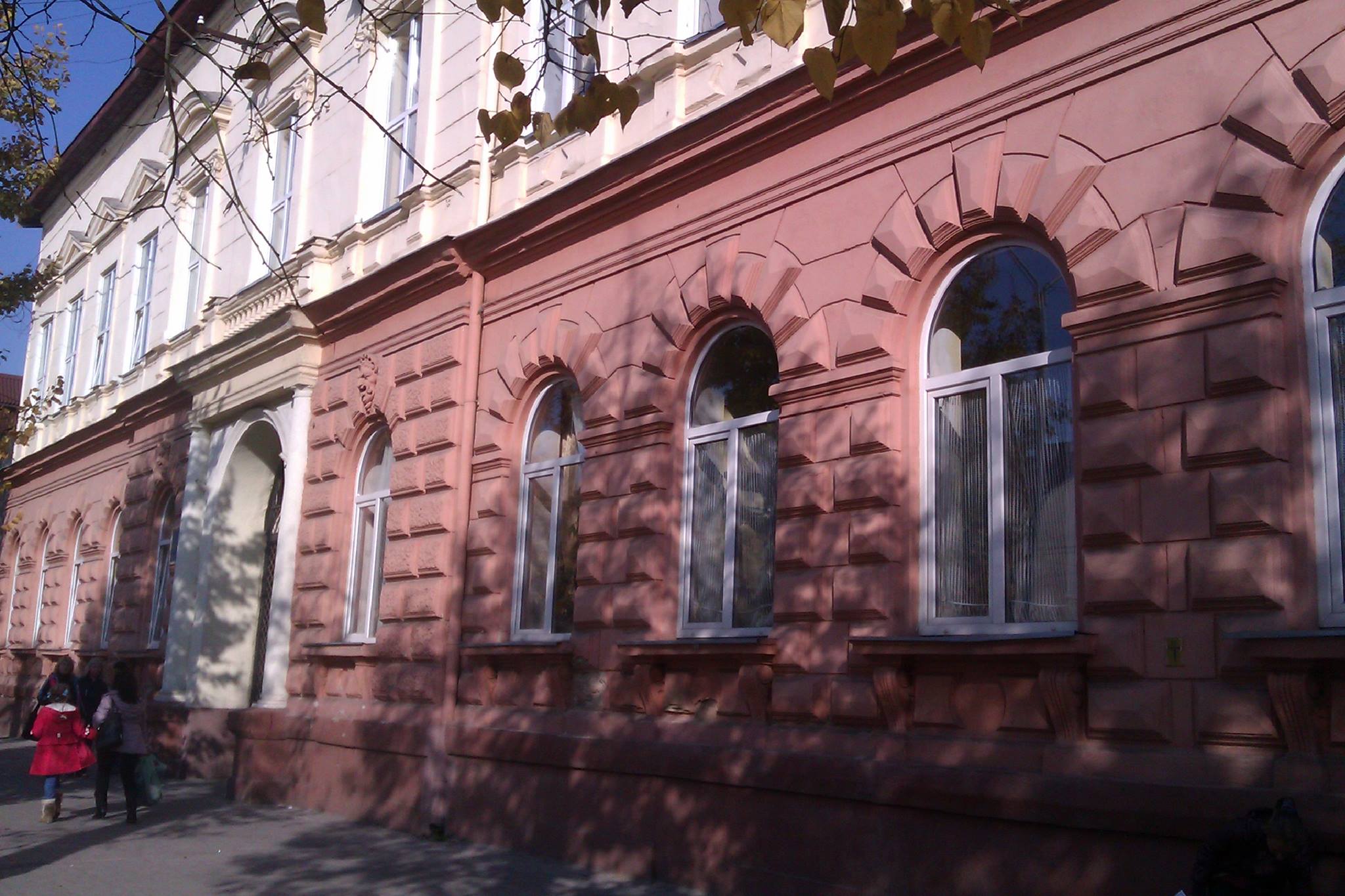
Ferenc Rákóczi II Secondary School in Mukachevo
It has been a nightmare for a month, not only for teachers, but for the whole school – said a teacher of the Ferenc Rákóczi II Secondary School in Munkács (Mukachevo). As Magyar Nemzet reported, the new school year is already taking place in an atmosphere of Ukrainization. The teaching staff is constantly fighting the newly appointed Ukrainian school management, who are hindering the use of Hungarian language in this institution, just as the new anti-Hungarian administration requested.
There is a policy or practice of increasing the usage and facilitating the development of the Ukrainian language and promoting other elements of Ukrainian culture in various spheres of public life such as education, publishing, government, and religion.
“They are not their own masters, they are carrying out the instructions of the city administration, they simply want to play out the scenario they are given,” Pál Popovics, a teacher of computer science at the Ferenc Rákóczi II Secondary School in Munkács (Mukachevo), said about the new leaders of the Hungarian educational institution. As we have reported, a Ukrainian headmaster and deputy headmasters were appointed at the beginning of the school year, while the legal case is still ongoing over the unexpected dismissal of the previous Hungarian principal.
In essence, they told us what we did not want to hear, that their plan is to Ukrainianize our school, because this is Ukraine, and we have to speak the state language and obey Ukrainian law,”
Popovics explained the new leadership’s unconcealed goal. According to the teacher, the plans refer to the Ukrainian Education Law, which states that there are no national schools, all schools are Ukrainian, and that next year all subjects, at least most of them, will have to be taught in Ukrainian.
The Ukrainian parliament passed a draft law in 2017, that makes it virtually impossible for national minorities to receive education in their mother tongue.
The proposal requires students to learn twenty percent of subjects in Ukrainian in the fifth grade, and gradually increasing this percentage in each grade, up to eighty percent of subjects in the tenth grade. Article 7 of the draft was originally due to enter into force in 2023, however; following the controversy over language use, Kiev approved enough changes to postpone the switch to Ukrainian by one year, until September 1, 2024.
However, Popovics added that the Ukrainian school authorities interpreted this as if the school would be fully Ukrainian from next September, the transition would be implemented this year in the Municipalities of Mukachevo. The school’s teacher explained: “We started the school year on 1st of September with a timetable that was suitable for everyone, and a week later it was announced that it was no good, and a new one was made,
from which all Hungarian history lessons were “accidentally” omitted.”
They could not teach with this timetable, and the leaders were forced to back out – but then they came up with a new timetable not accepted by the leadership again, and the fuss has been going on for four weeks.
The fights are continuous, there is no consistency, they have been ordered to carry out the school’s death sentence,”
lamented Popovics.
The nightmare has been going on for a month, not only for the teachers, but revolving around the whole school every day, with the staff talking about it during the breaks, but the parents and the students feel it too. When asked how the changes affect their daily lives, he also added that, for the time being, teaching remains the same, as there is no legal means to introduce changes this academic year. There are still a few brakes in the system, he added, which the school’s teaching staff can apply, for example, changes to the annual plan need the approval of the teaching staff, and other matters require the countersignature of the teachers’ union. Can the cold war end with litigation?
Popovics also noted that the new leadership knows that their fate depends on whether there will be some kind of change at the ultra-nationalist Municipal Hall in Mukachevo.
The leadership of the Transcarpathian municipality is famous for its anti-Hungarian actions, and last October, Mayor Andriy Baloga and his influential father, Viktor Baloga, a member of parliament, removed the statue of the market town from the Municipal Castle, a symbol of the Hungarian nation.
In January this year, flags and Hungarian inscriptions were removed from Hungarian institutions in Fornos and Derceni, two Hungarian settlements in the Municipalities of Munic, with the help of police.
The former headmaster, István Schink, was dismissed this spring after seventeen years at the helm without just cause, then reinstated following an outcry and in line with the court’s ruling – but was sacked again three weeks later. The two dismissals of István Schink are being heard in two separate proceedings, with the first dismissal having been won at first and second instances, while the second dismissal will not be heard in court until later.
Related article
New Ukrainian Education Law Discriminates Against National Minorities, says Science Academy
The Hungarian Academy of Sciences (MTA) has expressed concerns over the Ukrainian education law adopted in mid-January. In a statement, the Academy emphasizes that the law severely restricts the right of the Hungarian minority in Ukraine to study in their native language. Should the law come into effect, it “would contribute to the loss of […]Continue reading
Via: MNO, Featured Image:Facebook

